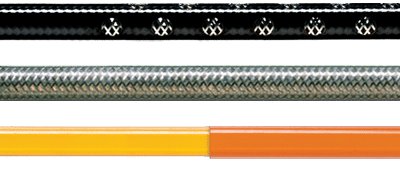A Serpentine Slip ‘N Slide
Demand for lubricity in tubing is now on par with the constant demand for smaller and thinner tubing products.
By Ranica Arrowsmith, Associate Editor | Medical Product Outsourcing | October 9, 2014
While “smaller and smaller” seems to be the push for many medical device sectors, such as electronics and surgical instrumentation, tubing is experiencing a unique push: lubricity. Lubricious additives is a demand almost every tubing manufacturer is seeing from its OEM clients, as end use cardiology and neurology applications demand increased sensitivity of movement and “pushability.”
Tim Lynch: Polyimide is the material on which our business began in 1987. Polyimide is a top-of-the-line plastic in terms of strength, and our process enables us to produce very small, thin wall tubing to very tight tolerances. Since that time, braiding and coiling have been added for the purpose of reinforcing the tubing in specific ways. Coiling can add kink resistance, crush resistance and flexibility. Braiding offers column strength and torque and can also vary the flexibility of a tube. Plastics are generally chosen for one of three reasons in a catheter; lubricity, flexibility or compatibility. Most recently, customers have been using additives in an effort to improve lubricity of many plastics. MicroLumen offers tubing in polyimide, PTFE, Pebax, urethane, nylon and many other materials. MicroLumen’s PTFE liners seem to be gaining acceptance in the marketplace for their thin, yet lubricious, nature.






